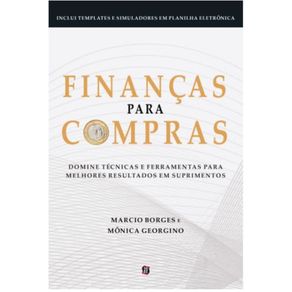-
DEPARTAMENTOS
- ANIMAIS DE ESTIMAÇÃO
- ARTES
- AUTO AJUDA
-
BEM ESTAR E LAZER
-
CATEGORIAS
-
-
CULINÁRIA E GASTRONOMIA
-
CATEGORIAS
-
-
ESPORTES
-
CATEGORIAS
-
- INFANTIL
-
RELIGIÃO
-
CATEGORIAS
-
- ADMINISTRAÇÃO E NEGÓCIOS
-
CIÊNCIAS BIOLÓGICAS E NATURAIS
-
CATEGORIAS
-
- DIREITO
- ECONOMIA
-
MEDICINA
-
CATEGORIAS
-
-
TODOS DEPARTAMENTOS
-
INTERESSE GERAL
-
LIVROS TÉCNICOS
-
- DISCIPLINAS
- ACESSÓRIOS
- FORMATURA
- PAPELARIA
Video Marketing Simplified
Cód:
491_9781648303357
Video Marketing Simplified
Autor:
Código:
491_9781648303357
Vendido e entregue por Um Livro
Prior to television, commercials used to be aired on the radio. Before radio, businesses used to advertise their wares in a variety of different ways, mostly through print media. Even before print media, metal signs depicting the nature of the product were produced. For as long as there have been people in business, they have sought different ways to advertise their business. The purpose was to get more sales leads and generate more revenue for the business. Things have not changed. Although advertising has come a long way, the nature of the reason for advertising has not changed since the days of the metal signs. Radio commercials used to often feature jingles. The purpose of these jingles were to make the listener remember the product. Remember that people could not visualize the product back then, so they identified with the jingle. Commercial jingles were so popular, they were also later used in television advertising, although they seem to have lost their appeal. Early radio advertisers were the sponsors of the radio program. They were short and sweet and people were forced to listen because they didnt want to miss the next installment of their favorite radio show. Plus, back in those days, there was no remote control. When television came out in the late 1940s, advertisers quickly saw this as a good media to sell their product. They began sponsoring certain television shows. They often found ways to not only sponsor by their frequent commercials, but also within the program itself. One example of this is the old I Love Lucy television program, probably one of the most popular sitcoms of all times. It was sponsored by Phillip Morris. Lucille Ball and Desi Arnaz had stipulations in their contract that they had to often be seen smoking during the program. This is why Ricky was often seen coming out of his childs bedroom with a cigarette hanging out of his mouth.
Veja mais






























